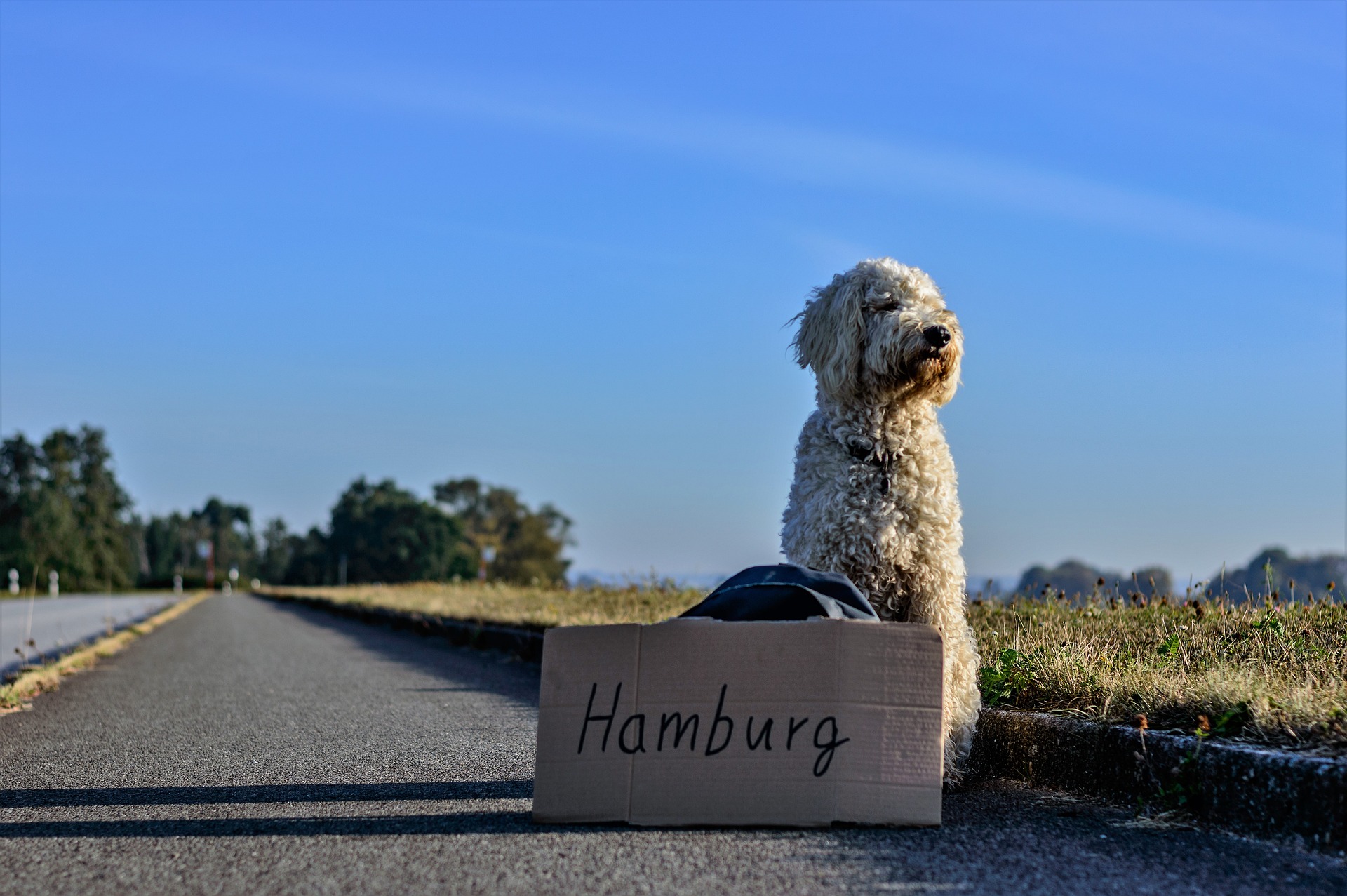Hitchhiking can be your only option if you’re in the middle of your trip, have no cash on hand, and have no cellphone service.
When transportation costs are at an all-time high, hitchhiking can be good practice for travelers. More than that, it benefits the environment by filling vacant seats.

However, there are obvious risks in hitchhiking. When you hit the road and ask a stranger for a lift, you never know if they have good intentions.
Nonetheless, hitchhiking is a centuries-old way for travelers to see the world despite being inherently risky.
To go hitchhiking safely and efficiently, here are some things to remember before you point your thumb up and hit the road.
Hitchhiking Tips
1. Find a Good Spot
Choose a location where cars are moving slowly. Also, keep a safe distance from approaching vehicles, giving them time and room to pull over safely if needed. Ensure a sign or trees do not obscure you.
Stoplight intersections and gas stations are also ideal places for hitchhikers. It’s preferable to give drivers as much time as possible to take a good look at you.
Don’t waste time trying to hitch a ride from the downtown area because most people there only travel a short distance and won’t pick you up.
Instead, use public transport to get out of the city, and don’t be shy about asking around to find a suitable spot once you are there.
2. Get Insurance
Generally, when you’re a frequent traveler, you must protect yourself financially if something goes wrong while you’re away.
For instance, you can get travel insurance that protects you from financial loss in case of lost or stolen luggage, trip cancellation, or even more severe medical emergencies while you’re away from home.
Travel medical insurance is also an option if your regular health insurance policy does not cover overseas medical assistance.
Lastly, having life insurance is, of course, the smartest financial move you can make as a traveler. Don’t forget to select a primary and contingent beneficiary, which can be your parent, spouse, or children.
It’s fortunate if you won’t need to use any of these insurances while traveling and hitchhiking, but get insured in advance so it will be available when you need it.

3. Know Your Destination
Ensure you are familiar with all the routes to your destination and the specific…
Click Here to Read the Full Original Article at GoBackpacking…
